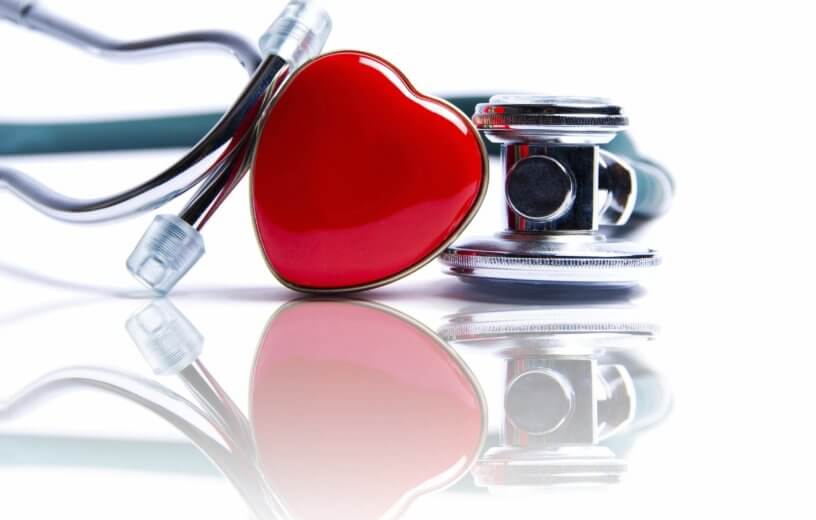NEW YORK — Heart failure can do a lot of damage to a person’s body. Not only does it affect how this organ functions, it also changes the shape and size of the heart too. Now, researchers from the Icahn School of Medicine at Mount Sinai Hospital say a drug meant for diabetes can reverse all this damage. Their study finds the recently developed empagliflozin helps both diabetic and non-diabetic heart failure patients, with results appearing in just a few weeks.
A six-month review of the diabetes drug reveals the medication can restore a patient’s heart size, shape, and function. This has the added benefit of improving their exercising ability, quality of life, and reduces the number of hospitalizations. Most importantly, study authors say empagliflozin doesn’t cause hypoglycemia (low blood sugar) in patients without diabetes.
“Our clinical trial’s promising results show this diabetes drug can ameliorate lives of heart failure patients with reduced ejection fraction, enhance their exercise capacity, and improve their quality of life with little to no side effects. We expect this work will help lead to U.S. Food and Drug Administration approval of empagliflozin for this patient population in the coming months,” says study first author Carlos Santos-Gallego in a press release.
“Our study also identifies why this drug is effective: because it improves heart function, something that has not been understood until now,” Dr. Santos-Gallego adds. “Many doctors are afraid of prescribing a drug they do not understand, and our findings will help clinicians feel more comfortable giving this to patients once approved. A cornerstone finding is that, although this drug was initially developed for diabetes, it is also incredibly effective in patients without diabetes.”
How empagliflozin can stop devastating damage to the heart
The study followed 84 heart failure patients who also suffer from reduced ejection fraction (EF). This means the heart is pumping blood from the left ventricle with each contraction less efficiently than normal hearts would.
Patients underwent a cardiac MRI, a six-minute walk test, and filled out quality-of-life questionnaires at the start of the study. They also completed a cardiopulmonary exercise test using a bicycle while wearing a face mask to text oxygen levels. The 84 participants then either received empagliflozin or a placebo for six months with two check-ups in between. After six months, the patients completed each test again.
The results discovered nearly 80 percent of patients on empagliflozin saw their hearts return to a normal size and shape. Participants on the medication experienced a 16.6-percent increase in left ventricular ejection fraction. Their hearts became smaller, pumped blood more powerfully, and had less fluid accumulating in them.
Researchers also reveal the diabetes drug can help the heart walls from becoming too thick. This makes EF more efficient in heart failure patients. They add that participants taking a placebo experienced no improvement at all. Some subjects saw their heart failure symptoms get worse over the six months.
A speedy recovery
One of the key findings the Mount Sinai study reveals is it doesn’t take six months for heart failure patients to start feeling better while taking this medication.
“We were very surprised at how fast the benefits appeared with empagliflozin. The patients were already feeling better in the first few weeks of taking it. Another key issue is how safe this drug is; we saw no severe side effects, despite being an antidiabetic drug, no hypoglycemia was noticed. This shows that empagliflozin is a safe and potent treatment for heart failure with reduced ejection fraction independently of the diabetic status of the patient,” explains study co-author Juan Badimon, PhD.
The study appears in the Journal of the American College of Cardiology.
